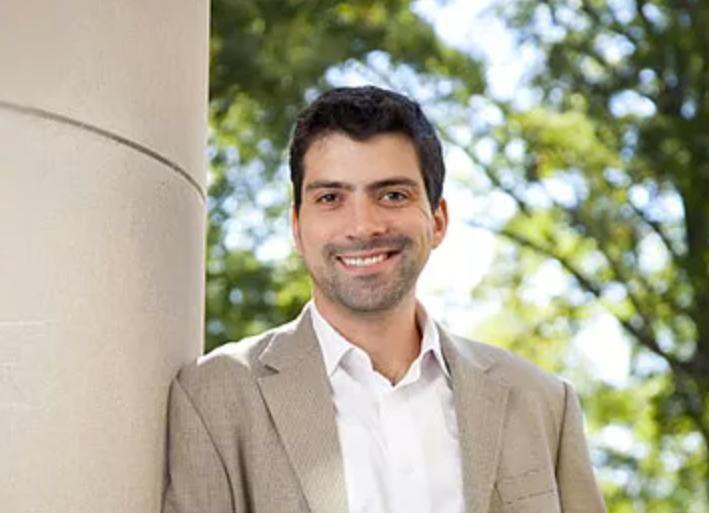i) Ethics is to do with action. Decision theory is to do with action. It makes obvious sense to ask what we might learn from decision theory when we look at questions in ethics.
ii) Some views in ethics have implications in metaphysics; if they are correct, there are properties that outrun those that appear in accounts of what our world is like that come from the sciences (and from perception if it comes to that). This means that work in ethics trespasses on metaphysics.
iii) We often use sentences to express how we believe things to be. Examples are the sentences I am writing right now. Theories of reference for the words that sentences contain need to make sense of this fact. The upshot is that the philosophy of belief is inextricably intertwined with the philosophy of language.
iv) Meta-ethics is, among other things, about the semantics of a certain class of sentences in a natural language, as R. M. Hare signaled when called his major contribution to meta-ethics ‘The Language of Morals’. There are, that is, questions in ethics which are also questions in the philosophy of language.

I do, though, think it is worth distinguishing the kind of specialisation that is just fine from something that is not such a good thing, and maybe this is what you had in mind when you talked of hyper-specialisation. Philosophy is about issues—the nature of consciousness, the objectivity of value, the authority that comes from being democratically elected, etc. It is not as such about what we and other philosophers have said, unless one is doing history of philosophy. Philosophers can get too involved in the ins and outs of one or another dispute in the journals, why this or that objection to what they themselves have said is a mistake, and in reassuring readers that they have read a lot of papers on the subject they are writing about.
One of the interviewers, Thomas Spiteri, had asked:
That’s philosopher Frank Jackson (ANU), in a recent interview published in The Undergraduate Philosophy Journal of Australasia.
I could give more examples but I hope the message is clear. Very often, corralling is not an option in philosophy. This is one of the reasons philosophy can be hard. But of course sometimes specialisation is just fine, and indeed is the way to go.
The interview covers several aspects of Jackson’s life, education, and work. You can read the whole thing here.
Of course I am in favour of having wide interests but, as a friend of mine who is both a fine tennis player and a fine singer put it, ‘who wants to be the best singer among the tennis players and the best tennis player among the singers’?
You have made major contributions in a range of areas throughout your career. Do you have any thoughts on the hyper-specialisation and the disappearance of ‘generalists’ in philosophy?
Related to this is Jackson’s response to an earlier question, from interviewer Will Cailes, about his philosophical interests:

I have wide interests. One reason is that I like to ‘move on’; one might describe this as my getting bored easily but that would, I think, be unfair. What happens is that I get engaged by some particular issue—say, the semantics of conditionals—perhaps as a result of going to a paper on the topic or talking to a colleague. I then think hard about the topic and do some serious reading, and one of two things happen: I judge I have got nowhere but hope I have learnt something all the same, or I judge I have got somewhere and I publish on the topic. I then look for something else to work on. A downside to this way of doing philosophy is that I always feel I have not read as much as I should have on any given topic. The upside is that sometimes—sometimes—I get to see connections between what might appear to be separate topics. In moving between topics, I get to see links that can easily be missed.
The reason for having wide interests in philosophy is not so much that it is a good thing in itself, but that often one has to have wide interests. Issues in philosophy often cross the boundaries we mark with the subject names in lists of departmental subject offerings. Here are some examples.
[Bradley Kickett, “Inlet” (detail)]




